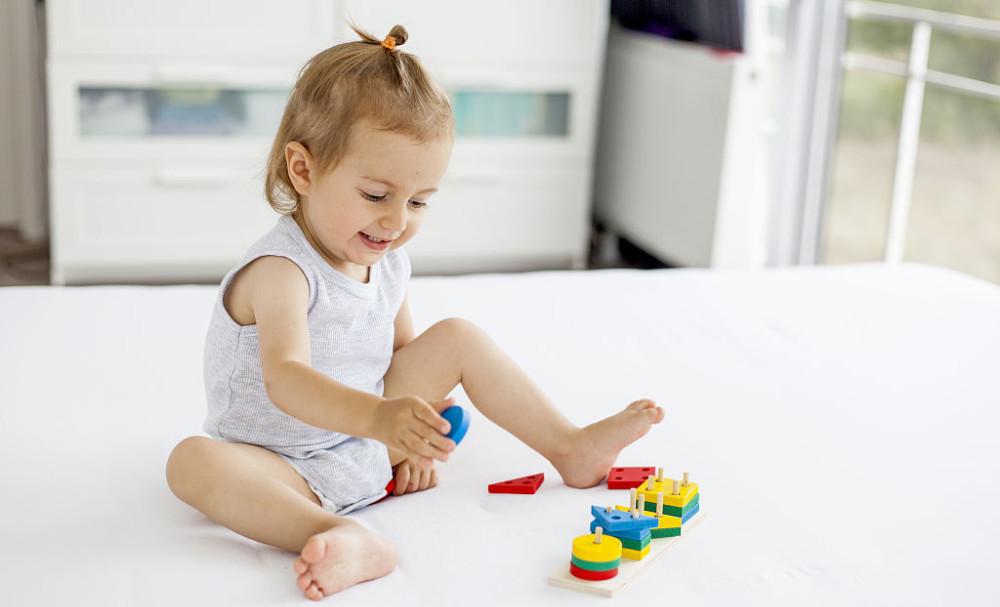Babies' early experiences and relationships stimulate their brains, shaping the way they see and respond to the world. As your baby's awareness of the world grows through these experiences, your baby will continue to evolve and learn, and you will see many behavioral changes.
Your baby will soon learn to distinguish you from others. Your baby's relationship with you and other primary caregivers is the primary way your baby learns about the world and how to cope with it. By observing you, your baby will learn a lot about how to behave.

Your baby's behavior and body language can tell you what your baby needs. For example, when your baby needs to be fed or sleep, they'll give you special tips.
What makes your baby happy
Your baby will develop a strong attachment to the most important people in their world. These people make them feel loved, safe and secure. If you or your partner spend most of your time caring for your baby, your baby may prefer one or both of you.
Similarly, your baby may love a toy more than any other toy.
So playing with favorite toys and being with your favorite people will make your baby happy, and you'll see that in your baby's behavior. When your baby is happy, they may smile and make happy sounds. When your baby sees their favorite person, they may even wave or clap.
What makes your baby anxious
Your baby may be afraid of certain things, such as bathing. When your baby understands what to expect from life, unexpected things can really upset them. For example, your baby may start to be afraid of someone they don't know, or feel anxious or upset about someone they don't import or know.
Also, once your baby understands that you are an independent person, they may feel uneasy or cry when you leave because they don't know you'll be back.
Fear of strangers and separation anxiety are common and usually fade away throughout early childhood.
What your baby is interested in
Many things are fun for your baby. That's because your baby knows so much about the world.
Your baby will start experimenting with various items to see what they are used for. This may involve putting the phone in a cat's water dish or pouring a sugar bowl on a blanket. Everything can end up in your baby's mouth because that's how your baby likes to explore objects. Your baby may also do things like bite, pinch, or pull his hair to understand what's going on.
About 6 to 12 months is a good time to start setting mild limits to form the basis for educating your child about positive behavior in the future. For example, if your baby is too close to the oven, you can say "No, the oven is hot." Then pick up your baby and transfer it to a safe area.
Your baby doesn't understand the dangers, so it's important to create a safe home environment, especially when your baby starts to move. For example, it is best to use a door or other means to keep your baby away from the kitchen and away from hot cooking surfaces.
Your baby may do something just to see how you react. If your baby is acting the way you like, you can smile and use a happy tone. Even if your baby behaves in a way you don't like or aren't safe, it's still important to react calmly. This helps your baby feel safe. Your baby will soon know that different tones in your voice mean different things.